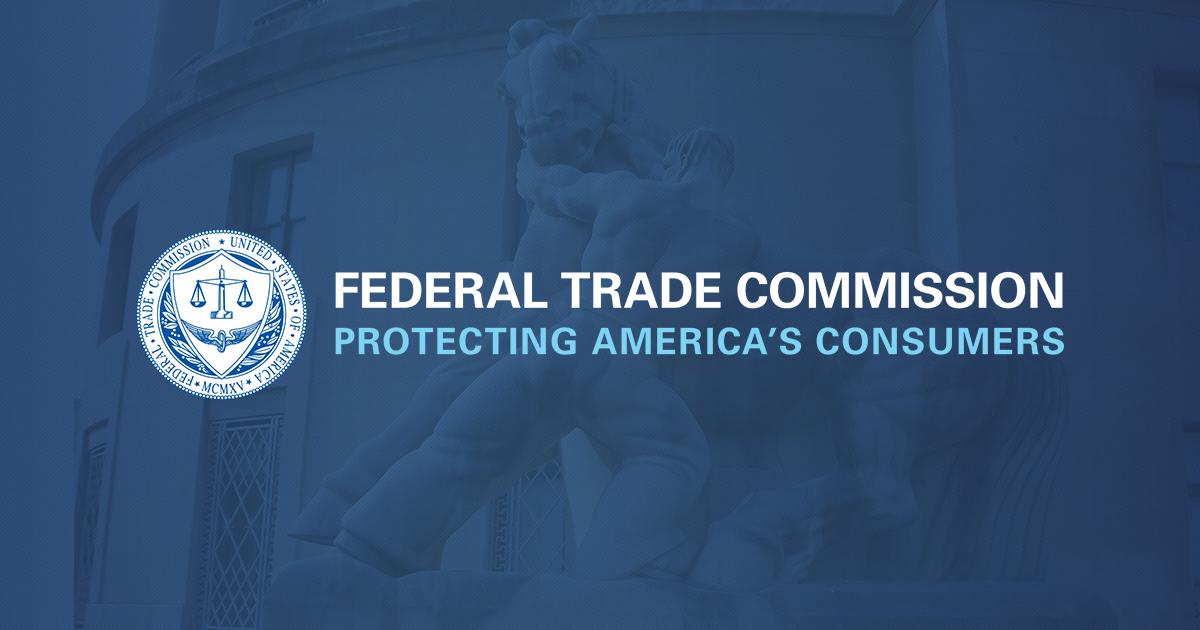Drug Testing Compliance Group, LLC, an Idaho-based company that provides drug and alcohol testing and other services to commercial trucking companies and their drivers, has agreed to settle FTC charges that it illegally invited one of its competitors to enter into a customer allocation agreement.
In its complaint the FTC alleges that in 2014, DTC Group’s President, David Crossett, complained to a competitor – referred to in the complaint as “Competitor A” – that its salespeople had persuaded a DTC Group customer to switch service providers. According to the complaint, Crossett then met with the principals of Competitor A and proposed that the companies agree not to solicit or compete for each other’s customers. Specifically, Crossett proposed that DTC Group and Competitor A should both agree not to sell or attempt to sell a service to a customer if the other company has already sold the same service to that customer. Crossett informed Competitor A that such an agreement would allow each company to sell its services to customers without fearing that its rival would later undercut it with a lower price offer.
The proposed settlement prohibits DTC Group from communicating with competitors about rates or prices (although it does not bar public posting of rates). The settlement also prohibits the company from soliciting, entering into, or maintaining an agreement with any competitor to divide markets, allocate customers, or fix prices; and from urging any competitor to raise, fix, or maintain prices, or to limit or reduce service.
Details about the case are set forth in the analysis to aid public comment for this matter. The Commission vote to issue the complaint and accept the proposed consent order for public comment was 4-0.
The FTC will publish the consent package in the Federal Register shortly. The agreement will be subject to public comment for 30 days, beginning today and continuing through January 13, 2016, after which the Commission will decide whether to make the proposed consent order final. Comments can be filed electronically or in paper form by following the instructions in the “Supplementary Information” section of the Federal Register notice.
NOTE: The Commission issues an administrative complaint when it has “reason to believe” that the law has been or is being violated, and it appears to the Commission that a proceeding is in the public interest. When the Commission issues a consent order on a final basis, it carries the force of law with respect to future actions. Each violation of such an order may result in a civil penalty of up to $16,000 per day.
The FTC’s Bureau of Competition works with the Bureau of Economics to investigate alleged anticompetitive business practices and, when appropriate, recommends that the Commission take law enforcement action. To inform the Bureau about particular business practices, call 202-326-3300, send an e-mail to [email protected], or write to the Office of Policy and Coordination, Bureau of Competition, Federal Trade Commission, 600 Pennsylvania Ave., NW, Room CC-5422, Washington, DC 20580. To learn more about the Bureau of Competition, read Competition Counts. Like the FTC on Facebook, follow us on Twitter, and subscribe to press releases for the latest FTC news and resources.

